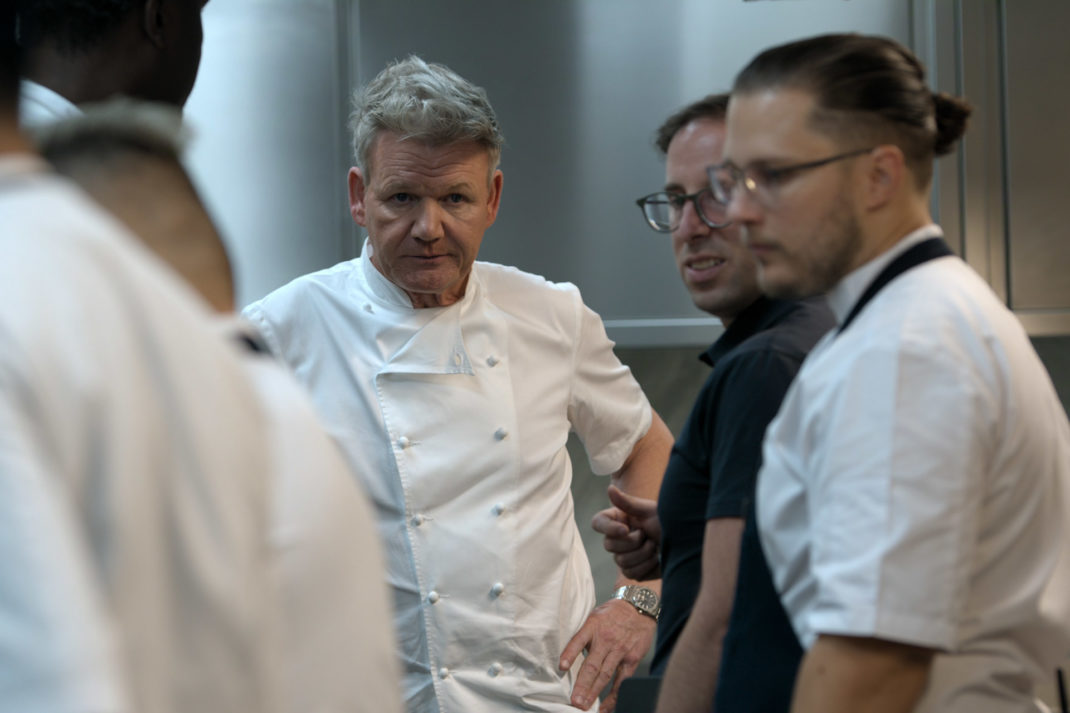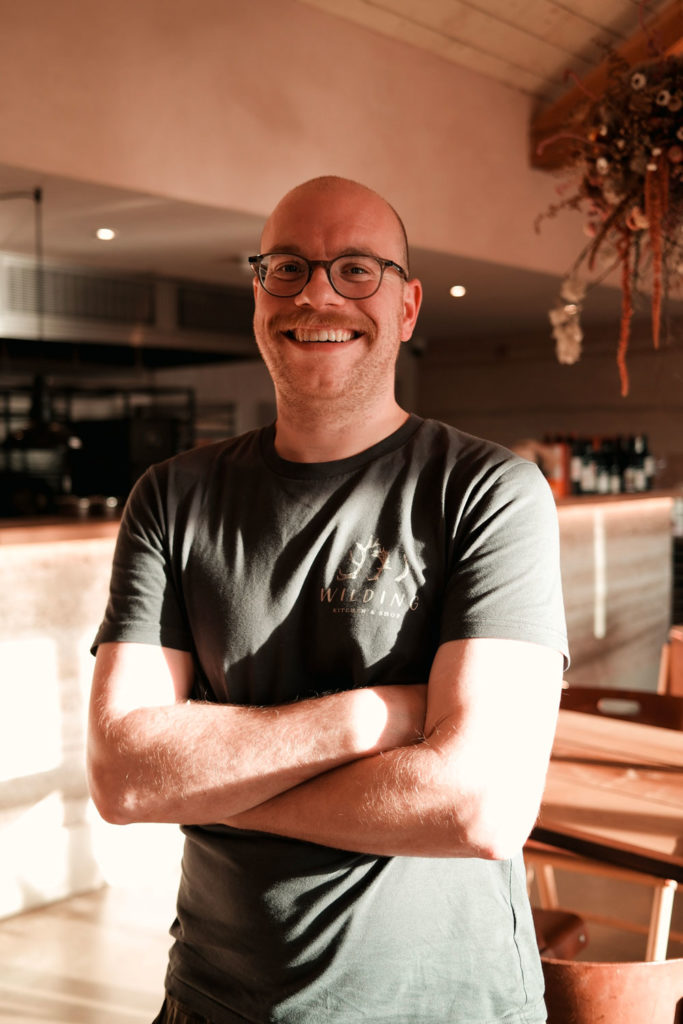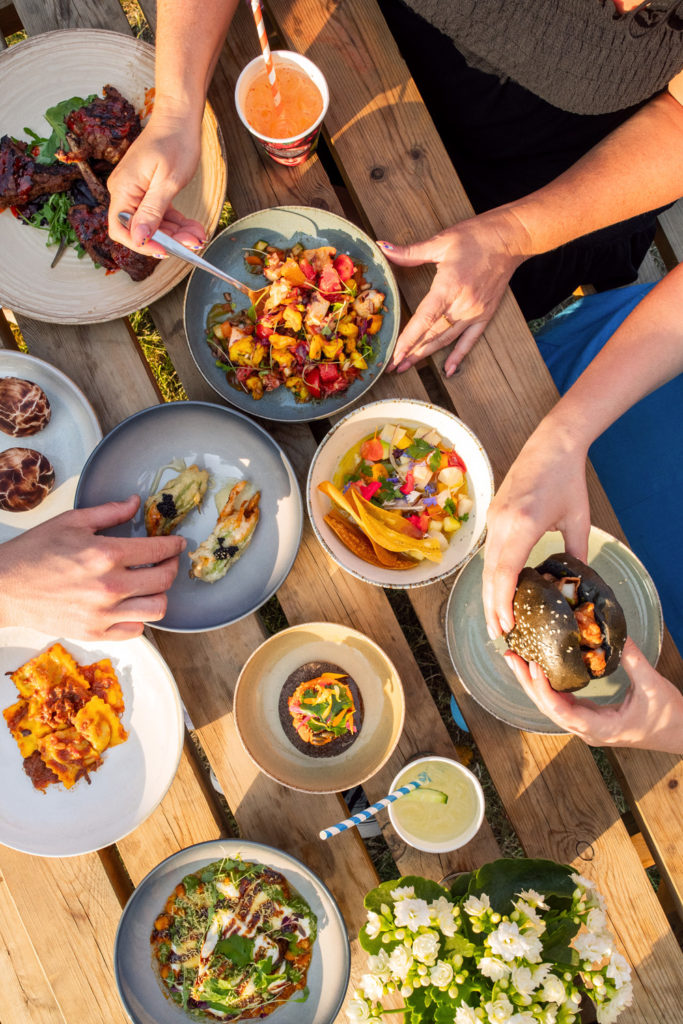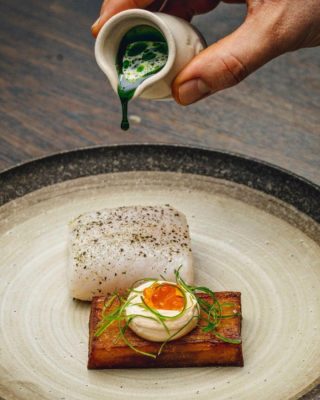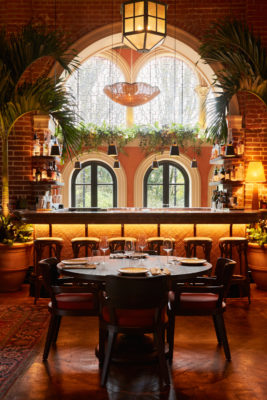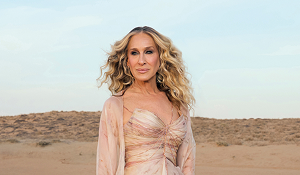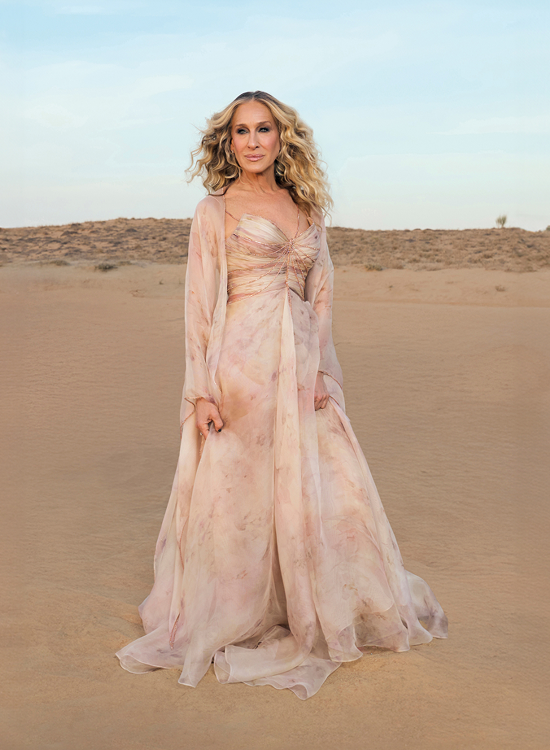Brett Graham On Running One Of The UK’s Top Restaurants, The Ledbury
By
6 months ago
As The Ledbury marks its 20th anniversary, we meet its founder
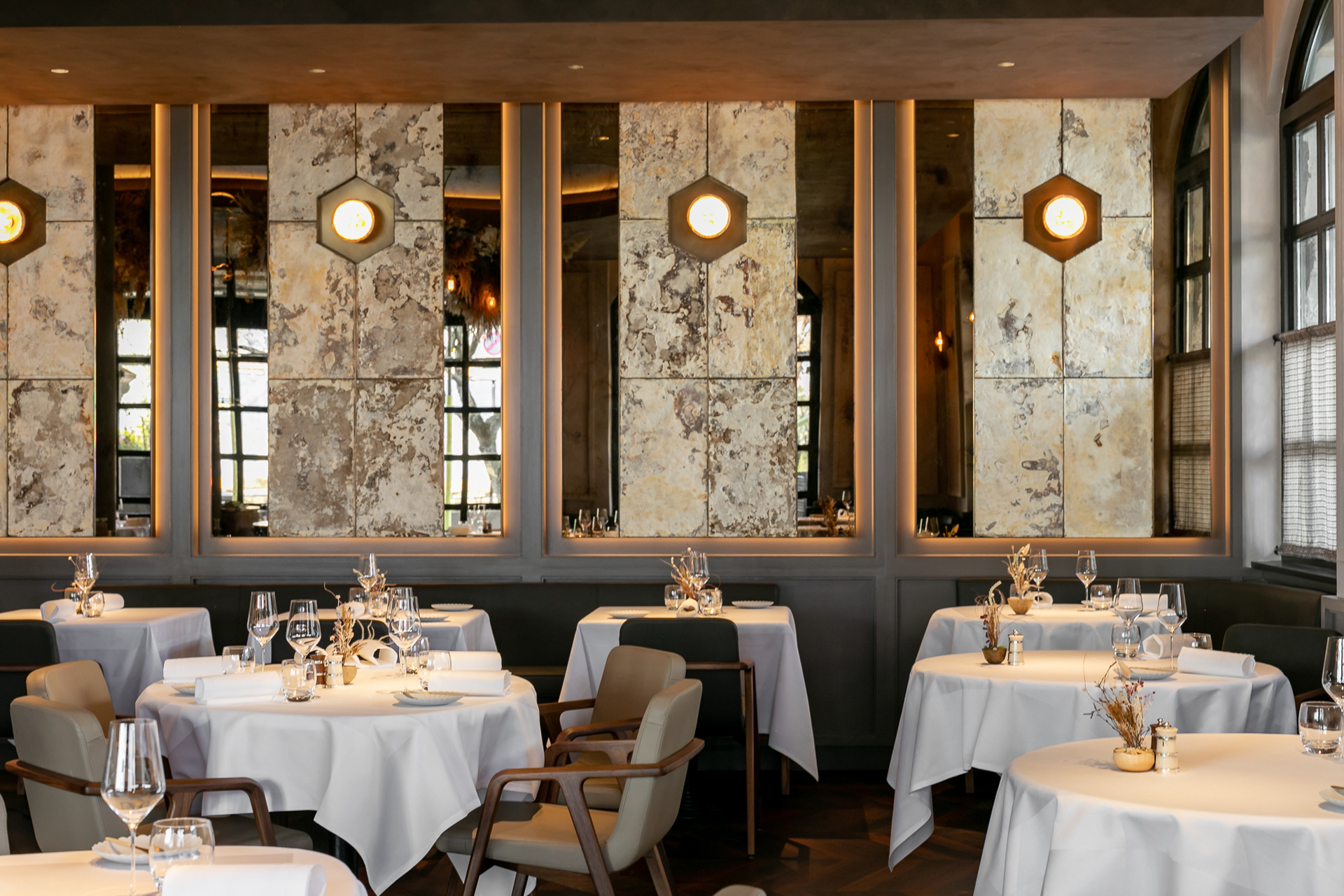
Few London restaurants have as much culinary acclaim as The Ledbury. First opened in 2005 by Australian chef Brett Graham, who was aged just 26 at the time, the Notting Hill eatery has scooped up endless awards, being named the UK’s best restaurant four times – most recently in 2024. It received its first Michelin star within just a year of opening, with a second to follow five years later, and in last year’s ceremony the venue became one of just six places in London to secure the coveted three star accolade. But despite its prestige, The Ledbury has always been known for its refreshingly relaxed feel, something Graham believes is pivotal to its enduring success.
Provenance has always sat at the heart of the restaurant, so it makes sense that Graham also runs a food company, Capability Graham, which produces British venison, Jersey beef and the UK’s only air mile-free Iberian pork. This produce is used at The Ledbury, and supplies top chefs across the country from Raymond Blanc to Gordon Ramsay. Meanwhile, Graham is director of the Harwood Arms, London’s only Michelin-starred pub, which has been running since 2009.
Here, the decorated chef reflects on 20 years of The Ledbury and how to be a green restaurant in this day and age – plus reveals the place he’s desperate to try.
When did you first become interested in food?
I grew up in a place called Williamtown in Newcastle, just north of Sydney, Australia. I started getting interested in cooking in school, around the time you do work experience. I wanted to be a vet, and for obvious reasons I wasn’t allowed to go and work as a veterinary surgeon as a kid, so my second choice was cooking. I was fascinated by the whole thing. Then I moved to Sydney and worked in a very fancy restaurant there called Banc for three years. Then I won a trip to England with a cooking competition – and I haven’t left.
What was the first dish you learnt to cook?
It was probably making some salads. And one of the things we did in the restaurant was seafood platters, you put all different types of shellfish on there, and I really enjoyed that first glimpse of the creative process.
What is the secret to The Ledbury’s long-standing success?
Looking after customers. I want people to come there and feel relaxed, and although it’s a fancy restaurant, I try and make sure the service makes people feel at ease. I’ve been to lots of fancy restaurants over the years, and I guess in some of them, there’s a tendency sometimes to feel like you need to not talk very loudly and you need to behave. I’ve always tried hard to make sure people feel as relaxed as they can in that environment. We make lots of notes on customers – their dislikes, preferences – and make sure we recognise as many people who are returning as possible, and make new friends with people who have never been before.
How has the restaurant changed since it started?
When it started, it was open seven days a week, lunch and dinner. Over the years, we dropped Monday and Tuesday lunch to concentrate on the quality more and give us a bit of a breather. During Covid we had a big refurb. The restaurant had been designed in 2005 and it fundamentally hadn’t changed a lot over that first 15 years before Covid started, so we got a different designer in. We also got a mushroom fridge where we grow mushrooms that customers can see – we harvest that for one of the dishes.
Did anything change after you got a third Michelin star?
Bookings were strong, and I thought it might change but it didn’t really. We still had our regular people that were coming to us before. And obviously the stakes are higher now. We’ve got a fantastic team, Tom Spencerley in the kitchen has done a fantastic job.
Are Michelin stars and awards important to the success of a restaurant?
I think to a point, yeah. I mean, the fundamental bits you’ve got to get right – the quality of the cooking, the quality of the service, they’re the really important bits. Because getting people to come to a fancy restaurant just because it’s got a Michelin star is one thing. Getting them to come back is another thing. It’s getting them to come back that’s really key, to make sure that when they’re making a decision about where they’re going to spend their hard-earned money, we hope that they make the decision to come back to us. People have lots of choices now when it comes to fancy restaurants. How can we get people to say: ‘we could go to that new restaurant, but actually let’s go to The Ledbury, every time we go there they look after us well.’
Do you have customers who have been coming in for many years?
Yeah, we’ve got some people from the start. Someone’s son had an 18th birthday the other day, and one of the early times these people came to dinner was when the lady was pregnant with her son. I’ve made friends in the restaurant and seen their kids grow up. It’s really nice to have people who come back and return and you see their life developing, some of these people have been 20, 30, 40, 100 times.
What’s the most long-standing dish on the menu?
In season, we quite often have a lot of venison. We grow a lot of our own produce on the farm, so we always try to use one of those ingredients. Tom is really focused on changing the menu a lot with the seasons. Where before Covid we had a couple of signature dishes, now it’s more fluid with the seasons, it’s more changeable.
View this post on Instagram
Can you tell us a bit more about the farming and sourcing side?
We’ve got a couple of deer parks. In 2017 we started the first deer park in Aynhoe Park, some of my deer still live there, some in Berkshire, and one park in Northampton. We also harvest from the wild. We supply restaurants around England via a butcher that we use, we supply some of the best restaurants in the country with the venison. And then we have another farm in Shropshire, where we have the only herd of Iberian pigs in England. We also make our own cold pressed rapeseed oil on the farm, then we use that to feed the pigs instead of using imported soy. With the rapeseed oil, we don’t spray glyphosate on the harvest. There’s that environmental slant as well, we’ve still got a lot to learn and a lot to do.
What does a sustainable restaurant look like to you?
I guess it’s just trying to make good choices. It’s hard to argue the point that a restaurant is sustainable, because obviously people eat more food and drink on special occasions, it’s a treat. It’s more sustainable to eat leftovers at home. But it’s probably more about making good choices about the kind of produce we use, using small farms, making sure they’re engaged small suppliers, and trying to champion those special ingredients that we make.
Have you watched The Bear?
I’ve never watched it, actually. Customers are really fascinated by restaurants – by the passion, the energy, the care that goes into them, more so than ever. And they’re tough places to work, we’ve got very exacting standards. You can’t have an off day. You’ve got to be well prepared for everything that you do, you’ve got to be organised, have exceptional produce, exceptional wine, make sure the tablecloths are clean, the floors are swept and mopped multiple times a day, the kitchen has to be immaculate. There’s a lot of pressure on running a restaurant, especially at that level.
What’s a restaurant you’re really keen to try?
Mountain in Soho.
Most memorable meal you’ve had?
When I went to the original Noma with my dad 16 years ago – I was blown away by the attention to detail and the skill and the atmosphere. It was a real eye opener for me.
Food trend you can’t stand right now?
I don’t do social media, so I’m probably not connected as much as I should be on trends. But it seems to me like everybody is opening a pizza restaurant at the moment. It’s not that I can’t stand the trend, but there are a lot of people doing that.
Worst kitchen disaster?
Probably the biggest disaster we had was in 2011 when we got raided by rioters during service. We got smashed up, people came in and mugged some of my customers and smashed the front door in and ransacked the place.
How do you live a life in balance?
Getting the balance is difficult. I’ve got young kids as well so trying to get the balance between work and life is pressingly difficult, like lots of people know in this industry. I just try to spend as much time with my kids when the restaurant is closed. I also like going to the countryside, trying to get some downtime. We quite often go to a tiny cabin somewhere in the woods for a day or two.
Find out more and book at theledbury.com


